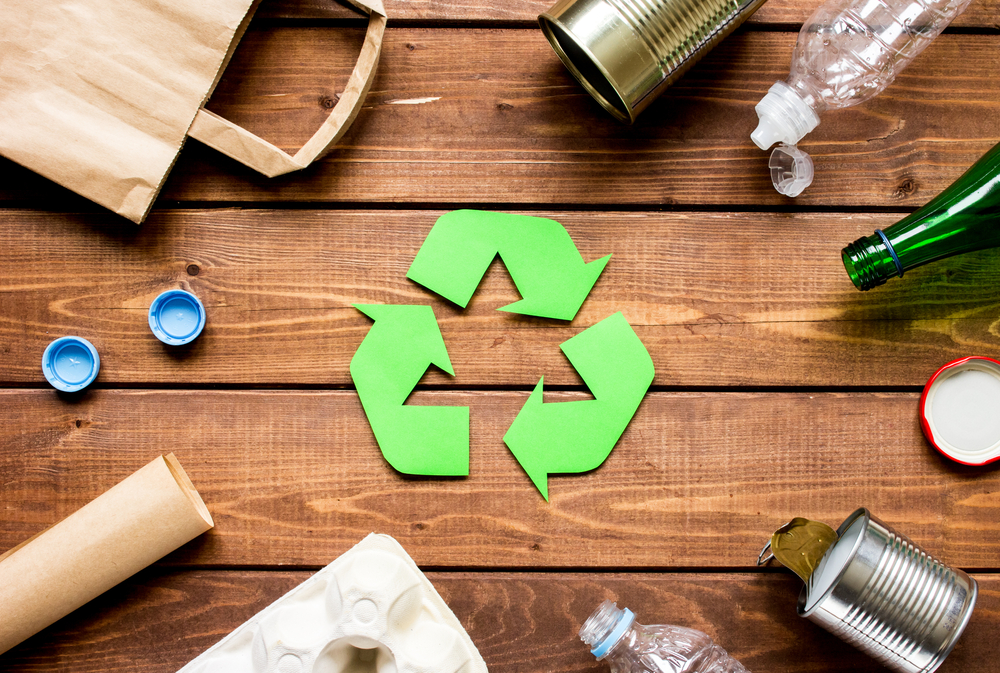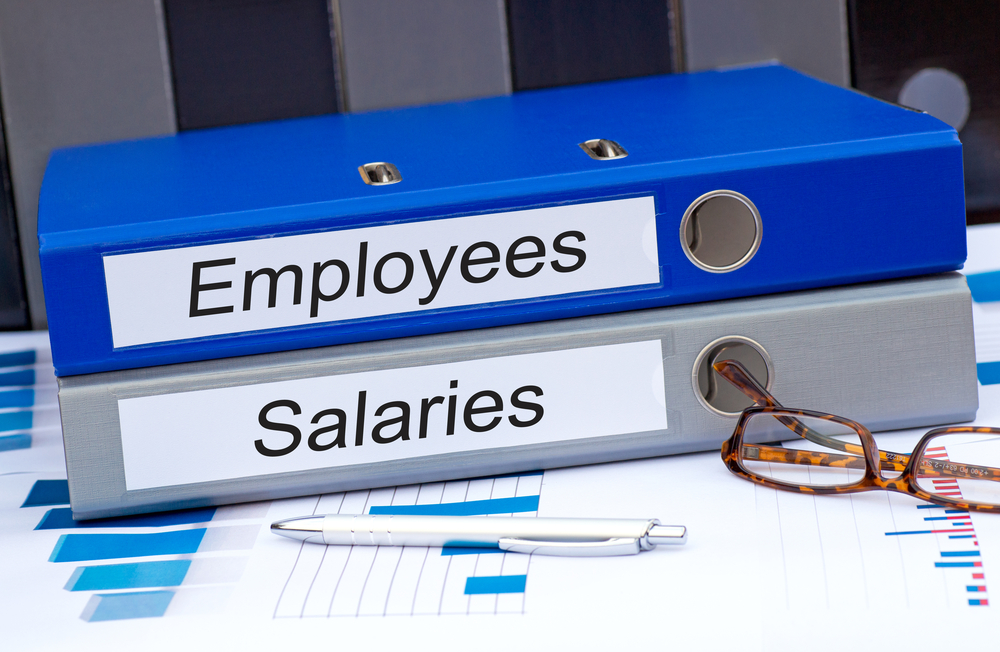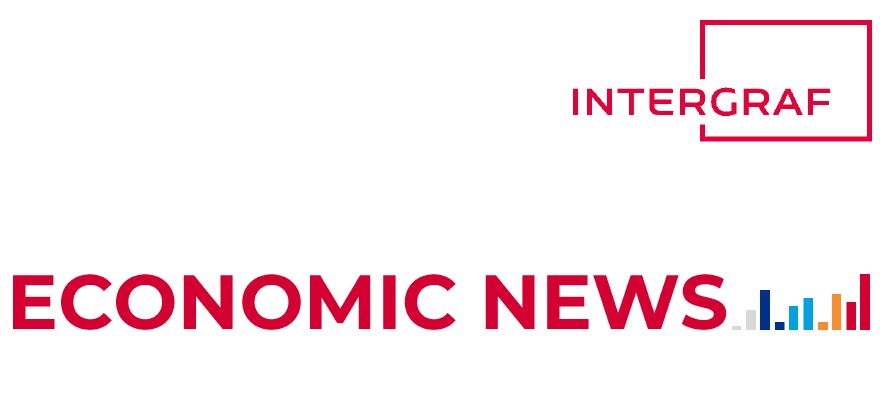18 March 2019

Start planning how to separate your waste for recycling
Mike Jackson, Managing Director at Prismm Environmental, tells us why we should start planning how to seperate waste for recycling.
If you are a business that mixes ANY waste materials in to one container or bin and then gets one collection for it all from your waste management contractor, this system of paying for lifts from your waste company could shortly change, and you will have to start separating your waste materials for recycling.
Among the headlines about plastic recycling taxes and deposit return schemes, there was detail within the Resources and Waste Strategy consultations that will have an impact on all types of business.
One of the key ones that hasn’t had much press is a requirement for businesses to “segregate their recyclable waste from residual waste in order for it to be collected and recycled appropriately”.
Although this remains a consultation, the Department for Environment, Food and Rural Affairs (Defra) made clear in the Consultation on consistency in household business recycling collections in England that it plans to legislate to make this happen. The only element it will consult on are different options for how businesses will be required to separate their waste for recycling.
Currently, the Waste (England and Wales) Regulations 2011 require paper, metal, plastic and glass to be collected separately from businesses and other establishments where it is technically, environmentally and economically practicable.
More often than not, it is the economically practicable option here that prevents recycling. Many waste companies offer their cheapest service based on a per-bin, per-lift basis that means separate bins collected for recycling are not the cheapest options.
Despite this, here at Prismm, we work with companies (and often their existing waste contractor) to show that recycling is often the most cost-effective and environmentally friendly operation. If we can’t recycle, then we find other more cost-effective options such as energy recovery, rather than landfill.
In the consultation, Defra is clear that businesses that produce materials that are similar in nature to household waste will need to separate this from residual waste for recycling. The aim of this is to provide consistent collections for recycling across both households and businesses.
Many of the companies we work with could be said to be producing materials that are consistent with household waste and would therefore need to ensure they separate materials for recycling. For example, printing and packaging companies that are making food packaging would likely need to separate any manufacturing waste from this process. This isn’t just about separating office paper, cans and bottles from the office bin.
We work with companies where separating the waste manufacturing materials such as paper and card, carton board including laminated, labels, foil, plastics and more, is much more cost-effective than mixing it all together. It could be that this eventual legislation will be an opportunity for companies to assess whether they are either maximising the value they get from recycling, or at least reducing their costs. Indeed, it does no harm to start preparing for the upcoming legislation anyway.
For further information, visit www.prismm.co.uk
 Pay Review Data, Wage Benchmarking and Cost of Living – MAY 2024 UPDATE
Pay Review Data, Wage Benchmarking and Cost of Living – MAY 2024 UPDATE
16 May 2024
We have collated data from multiple sources that should be useful for BPIF members that are approaching internal pay reviews, and/or are having a closer look at their pay and benefits structure. The datafile, first published in February 2023, has been updated with the latest available data - and additional content on factors exerting pressure on pay settlements in 2024.
 Intergraf Economic News (Paper Prices) - April 2024
Intergraf Economic News (Paper Prices) - April 2024
19 April 2024
Access the latest edition of the Economic Newsletter for the European Printing Industry for data on paper consumption, and pricing data for pulp, paper and recovered paper.
The BPIF is the printing industries champion. By becoming a member you join a diverse and influential community. We help you solve business problems, connect you to new customers and suppliers and make your voice heard in government.
Call 01676 526030










